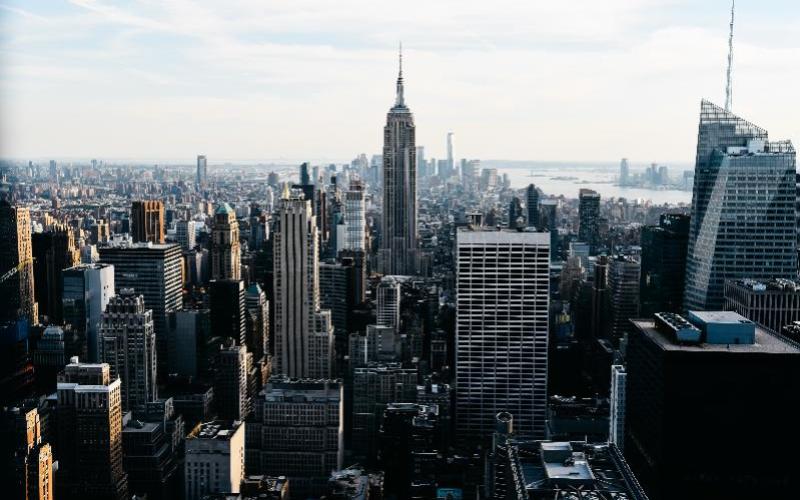The Struggles and Optimism of New York’s Dairy Farmers

Dairy farmers across Upstate New York are making substantial investments in anticipation of future demand as new and expanded dairy plants promise to consume massive quantities of milk. At the forefront of this optimism is the looming $650 million Fairlife milk processing plant in Webster, set to handle 5 million pounds of raw milk daily once operational. John Mueller of Willow Bend Farms encapsulates this sentiment, planning a new $5 million cowshed to add 800 cows to his 6,000-head herd, stating, "Lots of expansion. Lots of growth. Very exciting."
Despite these promising developments, farmers express trepidation amid unstable trade policies and workforce challenges. With New York being the fifth-largest milk-producing state, any disruption has significant implications. Natasha Stein Southerland, a third-generation dairy farmer, lamented the impact of previous tariffs on the industry, with U.S. dairy exports to China having plummeted by 43% during a past trade war.
The labor issue compounds these concerns. The dairy industry relies heavily on migrant workers, who face increasing immigration enforcement and uncertainty. "A lot of fear, a lot of rumors," commented Richard Stup from Cornell Cooperative Extension about the deportation risks facing these essential workers.
Yet, technology offers a silver lining. Farms are embracing automation and AI, using tools as sophisticated as "Fitbits" for cows to monitor health and productivity. This technological leap, Stein Southerland notes, is a "revolution," offering efficiency gains vital for scalability.
Ultimately, the future holds both promise and peril, with burgeoning facilities like Fairlife and expansions by companies like Great Lakes Cheese and Cayuga Milk fanning optimism, while Mueller and others remain "nervous for our industry and our country." This mixed picture illustrates the dynamic tension within New York's dairying sector, poised on the knife-edge of opportunity and caution.









